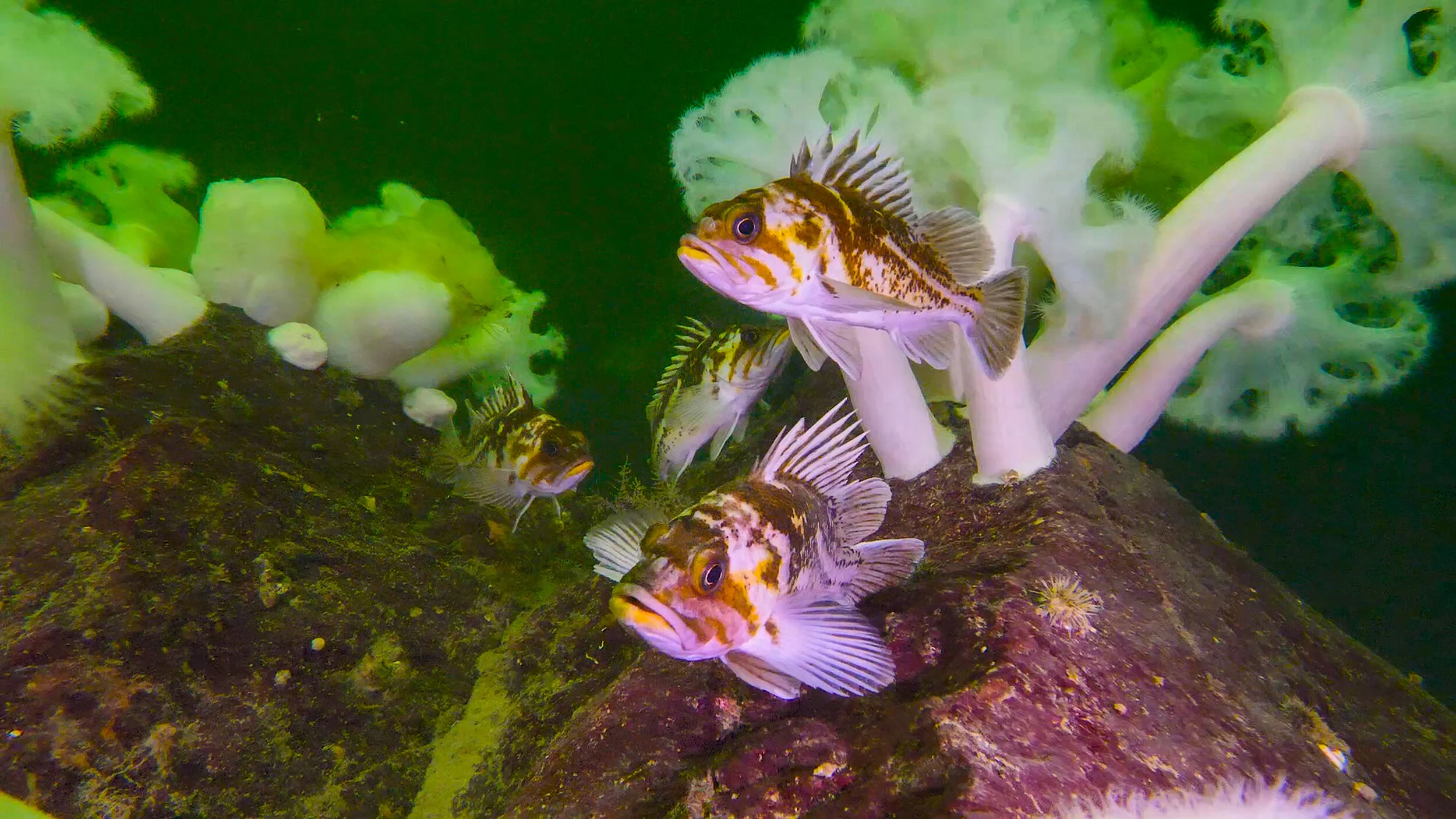Goals and Strategic Priorities for Logistical Support
The role of providing logistical support is the primary purpose of HSBRIS, to ensure that “people, culture and humanity in the region thrive in harmony with nature.” HSBRIS will strive to foster the collective allegiance among communities, the Sḵwx̱wú7mesh Úxwumixw, stakeholders and agents of governance to embrace the importance of balancing conservation and sustainable development throughout AHSUBR. In so doing, HSBRIS will support demonstration projects, environmental education, training, research and monitoring related to local, regional, national and global issues of conservation and sustainable development (UNESCO, 1996).
HSBRIS will build bridges across geographic and socio-political divides, among the many groups and jurisdictions by utilizing its expertise in coordination through, for example, the Howe Sound Community Forum; in convening groups of disparate interests to generate consensus; by balancing perspectives during decision-making; and by ensuring Indigenous perspectives and worldviews are upheld, respected and actively included in all undertakings.
Click on the + next to the Goals to read the Strategic Priorities
+ 1. HSBRIS to be the central operating hub of AHSUBR as its ‘ambassador and champion’, and coordinate all activities related to education, communications, marketing, engagement, research and monitoring and strategic planning functions.
1.1 Continue to develop and/or support the development of terrestrial and marine environmental education materials and curricula from K-12 that are nature- and culture-based and designed for local schools, outdoor schools and summer camps as well as for environmental programs and commercial ecotourism.
1.2. Enter into arrangements with secondary institutions such as Capilano University and Simon Fraser University to use Átl’ḵa7tsem/Howe Sound as an outdoor classroom for field studies, environmental learning and research.
1.3. Develop a comprehensive research and monitoring plan and encourage cumulative impact assessments where necessary, in conjunction with governments, organizations and academic institutions, to inform science-based decision-making.
1.4. Maintain the HSBRIS/AHSUBR website and social media sites, ensure regular newsletter communications and develop a marketing strategy to ensure consistent messaging throughout all forms of communication.
1.5. Continue to make presentations to local government Councils, the Sḵwx̱wú7mesh Úxwumixw, provincial government agencies and stakeholders on the goals and strategic priorities of AHSUBR and progress toward meeting them.
1.6. Incorporate the aspirations of youth into HSBRIS activities to generate a succession plan for stewards of the region and to keep in focus the need to ensure a healthy environment for future generations.
1.7. Develop a strategic plan to guide all future activities, incorporating regular reviews and updates, with the view to implementing this management plan.
+ 2. Provide logistical support, capacity building, training and coordination for stakeholder groups and organizations.
2.1 Continue to enhance logistical support to existing groups and organizations to help build their capacity to facilitate better integration of conservation and development by increasing cooperation among all stakeholders.
2.2 Engage with partners in government, industry and business to encourage their alignment with, and to assess the effectiveness of their management practices on,the vision and values of AHSUBR.
+ 3. Be a catalyst for positive change in AHSUBR by mobilizing stakeholders and partners to design and implement demonstration projects and activities that promote sustainable solutions for biodiversity conservation and sustainable development.
3.1 Engage all governments and businesses through the AHSBR Roundtable, the Howe Sound Community Forum and other fora to encourage new investments at the community level for local projects such as greenspace initiatives, the clean-up of contaminated sites, the improvement of air and water quality and other issues that directly affect the health of communities.
3.2. Conduct workshops, forums, networking events and presentations in collaboration with the Sḵwx̱wú7mesh Úxwumixw, all agents of governance, academic institutions and other partners, focusing on sustainable solutions to the challenges AHSUBR faces.
3.3 Continue to build awareness and appreciation among the public and stakeholders for Átl’ḵa7tsem/Howe Sound and its multitude of exceptional natural and cultural values and business opportunities.
+ 4. Exemplify leadership in advancing reconciliation with the Sḵwx̱wú7mesh Úxwumixw and promote the conservation of cultural diversity throughout AHSUBR.
4.1 Support the implementation of the First Nations curriculum and its course offerings in Aboriginal languages.
4.2. Work with the Sḵwx̱wú7mesh Úxwumixw and all agents of governance to readily advance UNDRIP and DRIPA in the operations of HSBRIS and the management of AHSUBR.
4.3. Support the implementation of correcting the narrative about First Nations in educational materials.
4.4 Continue to work with museums, managers of historic places and cultural organizations to better understand and promote the breadth of Indigenous and non-Indigenous history of Átl’ḵa7tsem/Howe Sound
+ 5. Ensure that sustainable financing is available through various fundraising initiatives and in-kind support to enable the continuation of HSBRIS’s operations and range of activities and projects undertaken by HSBRIS and its stakeholder groups and organizations.
5.1 Develop an operating budget to present to potential donors in the near term in anticipation of building longer term relationships to sustain HSBRIS over time.
5.2. Prepare a sustainable finance plan and long-term finance strategy to guide the operations of HSBRIS into the future, taking environmental, social and governance factors, and ethical investing into consideration whenever possible.
+ 6. Maintain consistent relations with the MAB programme and CCUNESCO and represent AHSUBR/HSBRIS in national and global forums, including the Canadian Biosphere Reserve Network Association and appropriate World Biosphere networks.
6.1 Continue to attend and represent AHSUBR/HSBRIS at national and international events such as EuroMAB, UNESCO AGMs and the gatherings of the Canadian Biosphere Reserve Network and effectively contribute to these networks by sharing best practices.
6.2. Invite members of the Canadian Biosphere Reserve Network to visit Átl’ḵa7tsem/ Howe Sound and host one of the Network’s gatherings in AHSUBR within the coming decade.
6.3. Participate in the themed World Network of Biosphere reserves, both transboundary and internationally.


